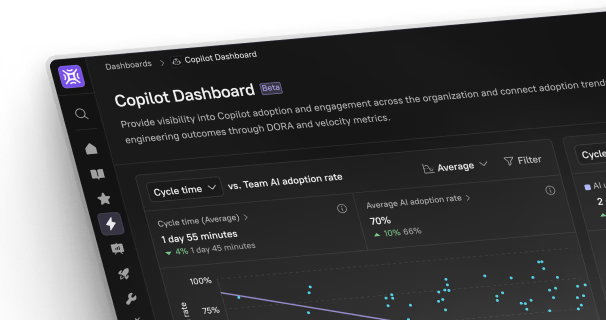Low-code platforms are opening the door for citizen developers—business users who build or customize apps using visual tools instead of traditional coding. This can unlock huge innovation potential, but it also raises questions about security, quality, and governance.
Cortex helps organizations in MENA strike the right balance: empower people, but stay in control.
Who Are Citizen Developers?
Citizen developers are typically:
- Business analysts
- Process owners
- Power users in departments like finance, HR, operations, or customer service
They understand the business problem deeply, but they’re not professional programmers. Low-code and AI tools now allow these users to build workflow apps and automations more easily. Altamira+1
The Opportunity: Faster Innovation from Inside the Business
When governed correctly, citizen development can:
- Free IT from building every small app or change request
- Reduce bottlenecks in the development queue
- Capture local insights from teams closest to customers and operations
- Increase satisfaction by giving teams tools tailored to their real needs
For many enterprises, this becomes a new engine for innovation, especially when budget and headcount are limited.
The Risk: Shadow IT Without Governance
Without a framework, citizen development can:
- Create duplicate apps and data silos
- Introduce security and compliance risks
- Lead to inconsistent user experiences
- Overwhelm IT with untracked tools and integrations
Research on low-code governance highlights the importance of clear roles, guardrails, and oversight to manage these risks. AIS eLibrary+2ResearchGate+2
Governance Basics for Citizen Development
Define a Governance Model
Key elements include: Quixy+3Microsoft+3bizagi.com+3
- Who can build what (citizen vs professional developers)
- Which data sources can be used by citizen developers
- Who reviews and approves new apps and workflows
- How changes are tested and deployed
Establish a Center of Excellence (CoE)
A CoE can:
- Provide reusable templates and best practices
- Offer training and support
- Review designs for security, performance, and UX
- Ensure alignment with enterprise architecture
Categorize Apps by Risk
Not every app needs the same level of control. For example:
- Low-risk: internal productivity tools, simple dashboards
- Medium-risk: departmental workflows with sensitive but internal data
- High-risk: customer-facing apps, financial processes, regulated data
Cortex can support different governance policies for each category.
How Cortex Supports Safe Citizen Development
Cortex is designed to be citizen-friendly but IT-controlled:
- Visual designers and templates for non-technical users
- Role-based access for both creators and end users
- Centralized catalog of apps and workflows
- Audit logs for key actions and changes
- Integration policies that define which systems each app can connect to
This allows organizations to scale low-code production without losing visibility.
Practical Steps to Start a Citizen Development Program with Cortex
1. Start Small, with Supervised Pilots
Choose a few motivated business users, give them:
- Training on Cortex basics
- Clear guidelines on what they can build
- Access to a sandbox environment
2. Define Approval Workflows for Apps
Configure processes in Cortex for:
- Submitting new apps for review
- Security and data checks
- UX and performance review
- Final sign-off and promotion to production
3. Celebrate Wins and Share Patterns
When citizen-built solutions deliver value:
- Document the pattern
- Turn it into a reusable template
- Promote it as a success story across the organization
This encourages healthy, governed innovation instead of uncontrolled tool sprawl.
References & outbound links
- Altamira – The rise of low-code and citizen developers Altamira
- IEEE/Computer – Citizen development and LCNC platforms IEEE Computer Society
- Microsoft – What is low-code governance? Microsoft
- Bizagi – Low-code governance bizagi.com
- Quixy – How to govern citizen development
Learn more about our low-code services here: Singleclic Low-Code Development Services









